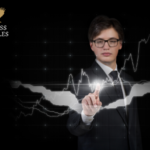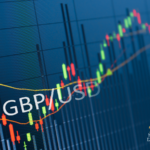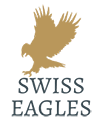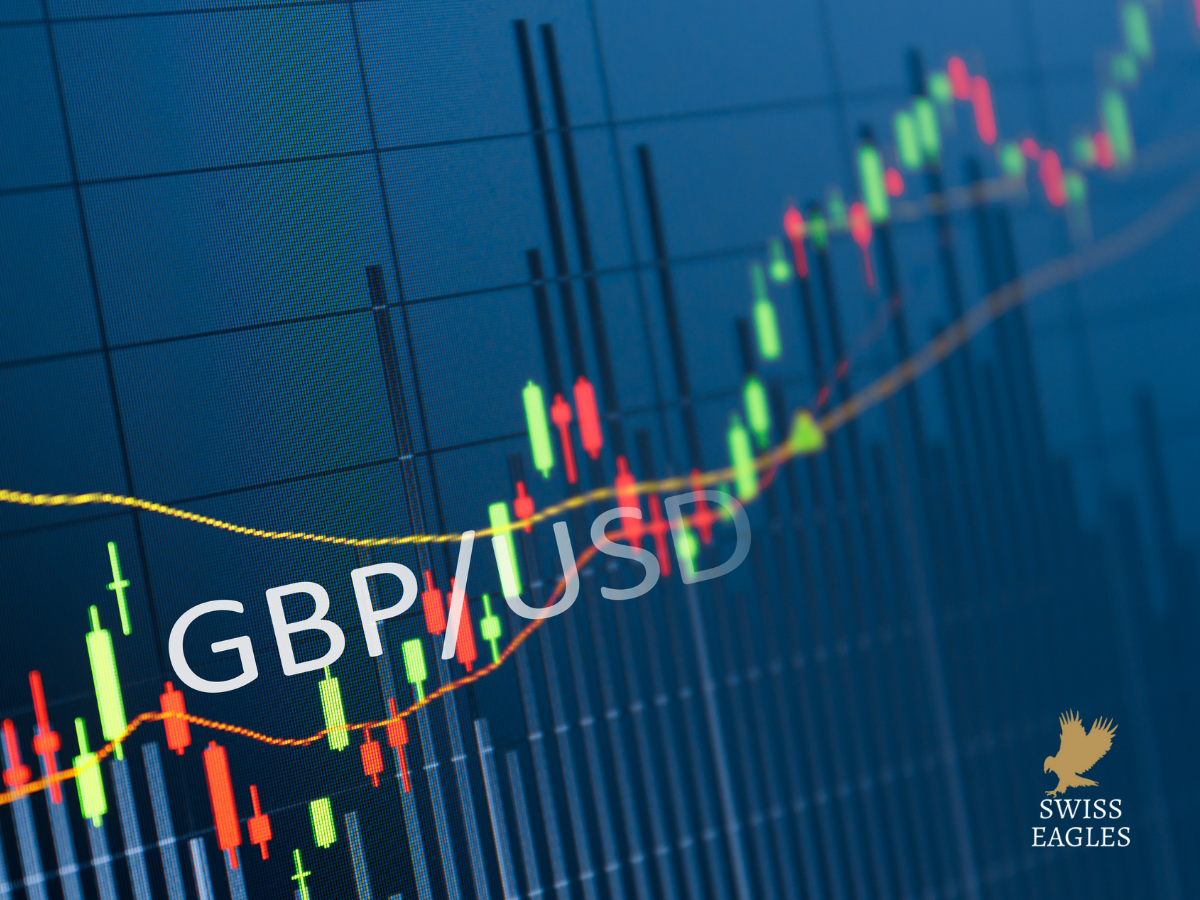
What is Forex Trading for beginners
Forex is a wallet of foreign currency and exchange. Foreign exchange is the process of changing one currency into another country’s currency for diverse reasons, generally for tourism, trade, and commerce. let us consider some key points about What is Forex Trading for beginners.
Key points
- The foreign exchange market is a global level market for exchanging international currencies. It is also known as forex or FX.
- The forex market is the largest liquid asset market in the world with mostly in demand for tourism, trade, and commerce.
- Word currencies trade in exchange with each other as exchange rate pairs. For example, EUR/USD is currency change pair for trading the euro against the U.S. dollar.
- Forex markets usually exit in spot markets as well as derivatives modes of markets, also the forwards and futures markets.
What is Forex Market
It is a foreign exchange market for exchanging currencies in pairs for trade purposes. The currencies are traded for trade. Currencies are essential as they allow us to buy us services and goods locally and internationally as well. Foreign currency is needed to be exchanged to perform these tasks like trade and tourism.
If you are living in the United States and want to buy coffee from France, then you have to pay euros (EUR). This means that you have to exchange your us dollar for euros.
The same is the case for traveling. A German tourist can not pay in eros to visit pyramids because he has euros which are not locally accepted. So, the tourist has to exchange euros into the Egyptian pound, at the local and current exchange rate.
One distinct and unique aspect of this international market is that there is no central marketplace for forex trading. Instead of this, currency trading is done electronically like over the counter (OTC). This means that all exchange transactions occur through computer networks among forex traders around the world. It is not operated with a single centralized exchange. This market is open 24 hours a day, five days a week. Currencies are exchanged and traded worldwide in the main and major financial centers of exchange like Hong Kong, London, New York, Paris, Singapore, Sydney, Tokyo, Zurich, and Frankfurt almost every time frame. This means that when an official day ends in Hong Kong and Tokyo, a new trading day begins in the U.S. it means that the forex market is active every minute and time with price quotes changing every minute.
A Brief History of Forex
In the most basic sense, the forex market has been existing since old times. People have always exchanged and bartered things and services with each other. But the modern invention of the trade market is new and a product of a new era.
After the Bretton Woods accord began to fall in 1971, more foreign currencies were allowed to exchange freely with one another. The value and demand of any currency are based on its mobility and liquidity in the international market. The circulations of currencies are monitored by foreign exchange trading services.
Investment and commercial banks mostly conduct the exchange of currencies in the forex market on behalf of their clients.
There are two features of forex currencies as an asset:
- You can earn through the interest rate and difference between the two currencies.
- You can gain profit from changes in the exchange rate between currency rates.
It means that an investor can earn profit from the difference of interest between two currencies in their different economical background. Investors buy currency at a higher interest rate and sell at a lower interest rate in another country. Before the financial crisis in 2008, it is very common to shorten the Japanese yen and buy British pounds, because the interest rate deferential was huge. This type of trade was called a carry trade.
Currency trading was really difficult or nearly impossible for individuals before the introduction of the internet. Most currency trades were done via hedge funds, multinational corporations, and high_ net_ worth individuals (HNWls). This was because forex trading required a lot of capital. With the help of the internet, individual trading in forex has emerged. This retail market aimed to provide easy access to the international forex market for individuals. This is operated via either the banks or a secondary market designed by brokers. Sometimes, most online dealers and brokers provide very high leverage to individuals who are experts to trade internationally even with small amounts.
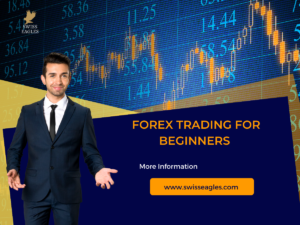 Description of Forex Markets
Description of Forex Markets
The FX market is a virtual market where currencies are traded. It is a continuous and nonstop market that trades every minute. In the past, this market consisted of large banks and institutional firms which were aimed at acting on behalf of individual clients. But in recent years, it has become a more individual-oriented and retail market. Today people with high and low amounts have begun to participate in this market.
An interesting fact about the market is that there is no physical venue for this market to operate. There are no physical buildings reserved for this trading. Despite that, is operated through a series of connections of computer networks and trading terminals. The main participants in this market are investment banks, institutions, commercial banks, and retail investors.
The FX market is considered a blurred and opaque market than other financial markets. Currencies are traded over-the-counter (OTC), where transparency and disclosure are not as important as in other institutions. Large liquidity pools are distinct features of this market. It is normally believed that a country’s economy is the main parameter to determine the value of the currency. But is not true, in a survey conducted in 2019, it was described that the goals and motives of institutions also determine the value of any currency. When we talk about the forex market, we usually refer to the spot market. Futures and forward markets tend to be more popular with companies.
Spot Markets
Spot markets are of more significance because they are the largest. They trade in the huge underlying real asset for the futures and forward markets. Spots markets are those where currencies are traded on their trading price. The price is determined by the demand for one currency. Supply is another factor in determining the value of any currency. The value is calculated on other factors too like, the economic performance of a country, the current interest rate of a currency, and thoughts towards ongoing political situations both internationally and locally. The prediction of the future performance of any currency against another is also really important. A finalized deal between currencies is called a spot deal. It is a simultaneous deal and transaction in which one party pays the agreed amount to the other opposite party and receives the amount in the agreed currency rate and interest. Although the spot market is the market that deals in present currencies. These deals usually closed in 2 days.
Future and Forward Markets
A forward contract is a private contract between two parties to buy currencies at their predicted price in the future and at the predetermined price in the over-the-counter markets. A forward market is an urge to buy currencies on a future date. Futures trade on an exchange and not OTC.
Unlike the spot market, future and forward markets do not trade the physical and actual currencies. Instead of this, they trade in contracts between two parties that settle for a currency type, a specific value price per unit, and a future date for settlement.
In the forward markets, contracts are bought between two parties OTC. Contracts are bought and sold on a settlement for a date in the future in the public commodities markets such as the Chicago Mercantile Exchange (CME)
In the United States, the National Future Association (NFA) regulates the future and forward market. future contacts have specific and distinct details, including delivery and settlements date, the number of units that are traded, and also the prices increment that cannot be customized. In this market, the exchange acts as the opposition party for the trader to provide settlement services.
Forex Trading for Beginners
Forex can be risky and complicated for a beginner. Forex instruments are not standardized. In some parts of the world, forex trading is not regulated.
The interbank market is consist of banks that trades with each other around the world. The banks have established an internal process to keep their trade safe and transparent. Banks also have to determine the sovereign risk.
Since the market is made up of participating banks providing bids and offers for a specific currency. The mechanism is based on supply and demand.
How to start investing in Forex
Trading in forex is like trading in the equity market. Here are some steps to follow for beginners to start trading in forex.
1: Learn about FX
Forex market is a kind of project of its own.it requires specific knowledge. It is not complicated yet is not as smooth as it can be started with a click.
For instance, the leverage rate is higher in the forex market than in the equity market. Also, the drivers in currency forex trading are different from those of the equity market. There are several online courses for beginners to learn the basics of advanced forex trading.
2. Set up a broker account.
For trading in forex trading, you have to open an account with a registered broker. Forex brokers do not charge commissions. they make money through spreads also known as pips, between the selling and buying prices. For a starter, it is a very reasonable idea to set up a micro forex trading account with low investment and capital.

